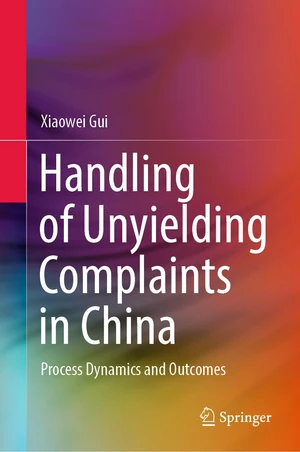This book provides a framework of protest handling which redirects our attention away from the strength of protesters and towards the constraints of state power, drawing on detailed case studies randomly collected in 7 provinces in China over the last decade. It finds that the challenges of retaining legitimacy, the propensity for responsiveness, the contradictions of the petition system, and the dynamics of elite alignments are key elements shaping the fate of nail-like petitions. A nail-like person refers to the individual who looks like a stubborn nail on a plank of wood that cannot be easily hammered down. His persistent protest thus is theoretically puzzling, since such individual-based protest is assumed to be too weak to effectively challenge a powerful authoritarian regime. Although this phenomenon is widely observed in China, it is ignored by current studies on collective action. Meanwhile, this book delves into the life politics of nail-like persons and reveals that their escalation of grievance, marginalized social status, inability of pursuing desirable lives through legitimate means, and communication with fellow petitioners also reinforce their determination of contention. This book describes deeply the fate of individual-based protests in China. It scrutinizes the stateâs role in shaping contention at its macro, intermediate, and micro levels, and meanwhile pay more attention to local specifics that are crucial to uncovering the logic of petitioners' actions and consciousness. This book has implications for scholars and graduates who are interested in contentious politics and state-society interactions in China.
Price history
Oct 1, 2022
€111.19

